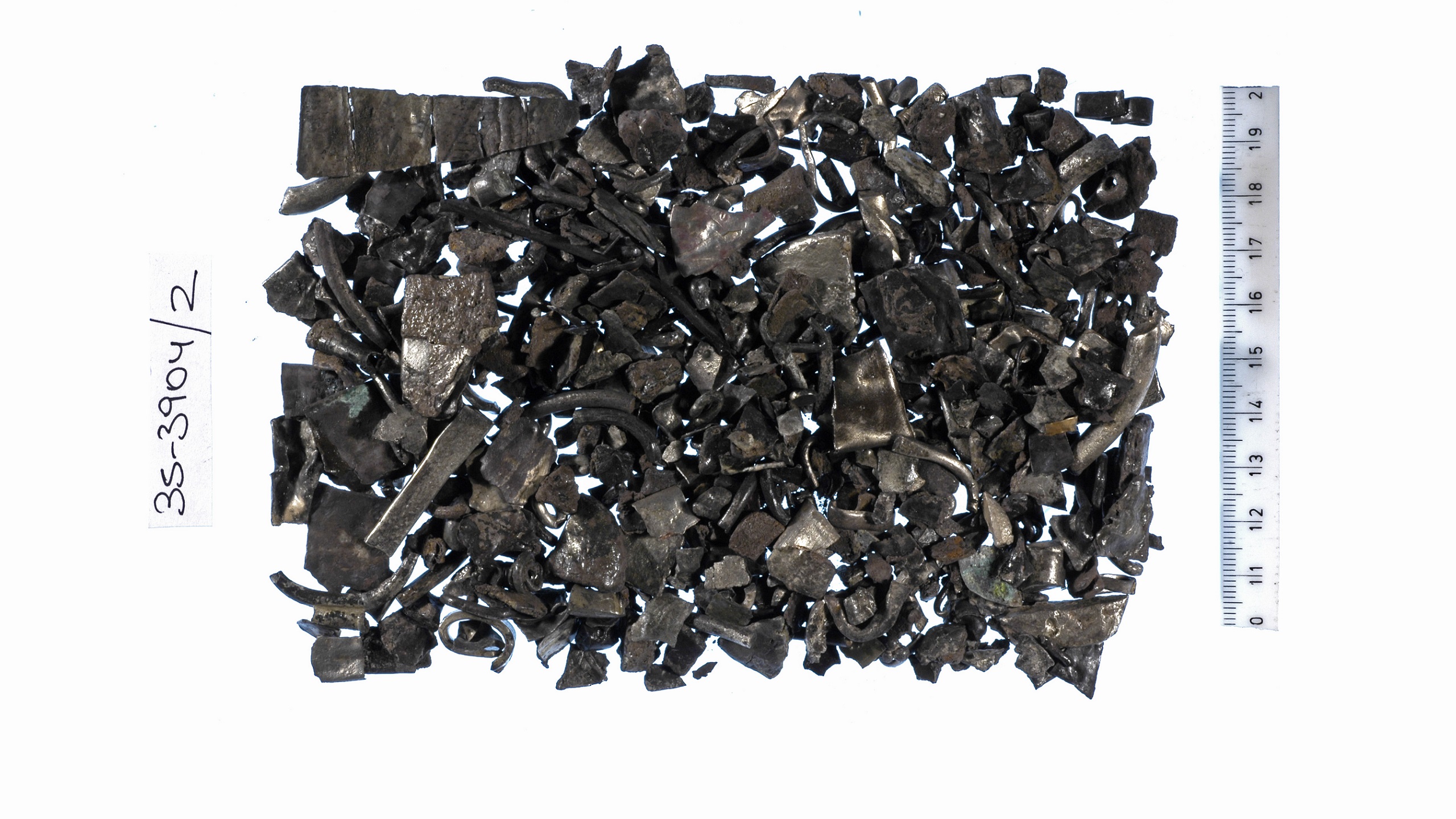Silver Was Used as Currency in Southern Levant From 1700 BCE, Israeli Researchers Show
Silver was used as a currency in the southern Levant as early as the Middle Bronze Age, around 3,600 years ago, according to a new study by the University of Haifa and the Hebrew University of Jerusalem. This pushes back the date when silver became a common means of payment in the region, which includes modern-day Israel, Jordan, and the Palestinian territories, by around 500 years.
Previously, while silver was known to be used for payments in Mesopotamia in the third millennium BCE, it was thoughts to be used in the southern Levant only from the 12th century BCE, researchers at the University of Haifa said in a statement on Sunday. The study, published in the Journal of Archaeological Science, confirmed that hoards of silver pieces, known as hacksilber, were used as a medium of exchange based on their shape, quantity, and locations such as storerooms and near city gates. Their size and how they were stored, often wrapped in cloth and kept in earthen jars, provided other telltale clues about their purpose.
This holiday season, give to:
Truth and understanding
The Media Line's intrepid correspondents are in Israel, Gaza, Lebanon, Syria and Pakistan providing first-person reporting.
They all said they cover it.
We see it.
We report with just one agenda: the truth.


Hacksilber refers to pieces of broken or cut silver, often small and irregularly shaped, that were cut from larger ingots or coins, and were used as a medium of exchange in place of more formal currency. Hacksilber was typically valued based on its weight and purity. It is thought to have been used as a form of currency for a long period of time and continued to be used in some societies even after the introduction of more formal currency systems.
The shekel was the primary unit of weight for silver in the ancient Middle East. It was used by various cultures including the ancient Israelites, Babylonians, and Persians, and typically equivalent to approximately 11.4 grams, though in different times and places it ranged from around 7 to 17 grams.
The transition from grain to silver, which is light and does not spoil, is considered an important milestone in the development of trade, commerce, and urban economies in the region.
In Mesopotamia, the Sumerians and Akkadians used silver as a form of currency as early as 2500 BCE. In both Mesopotamia and the Levant, silver was used in the form of small, standardized ingots or as coins, which were minted and stamped with a specific weight and symbol. The use of silver as a currency spread throughout the ancient world and continued to be a widely used form of currency in many societies until modern times.

